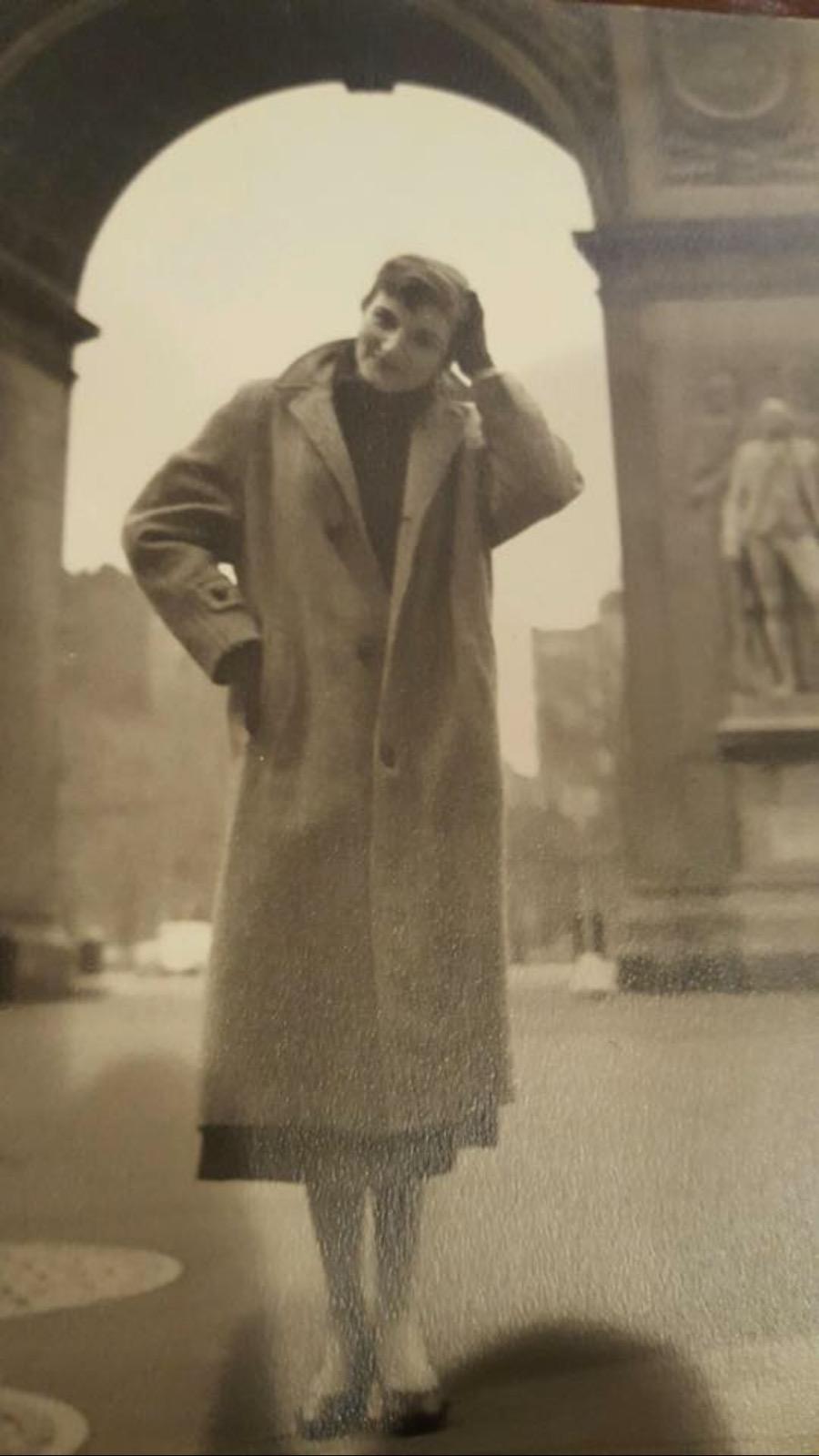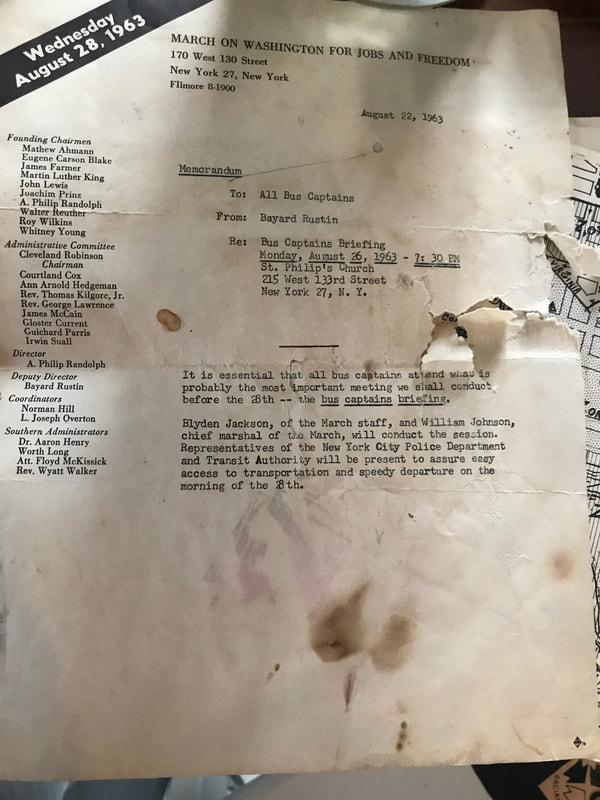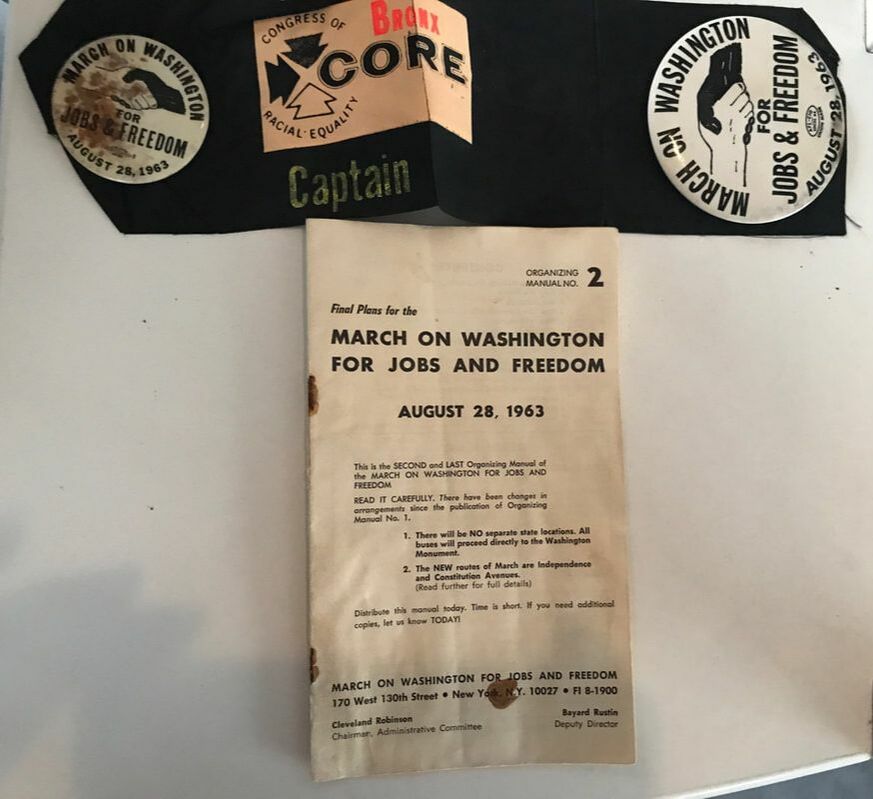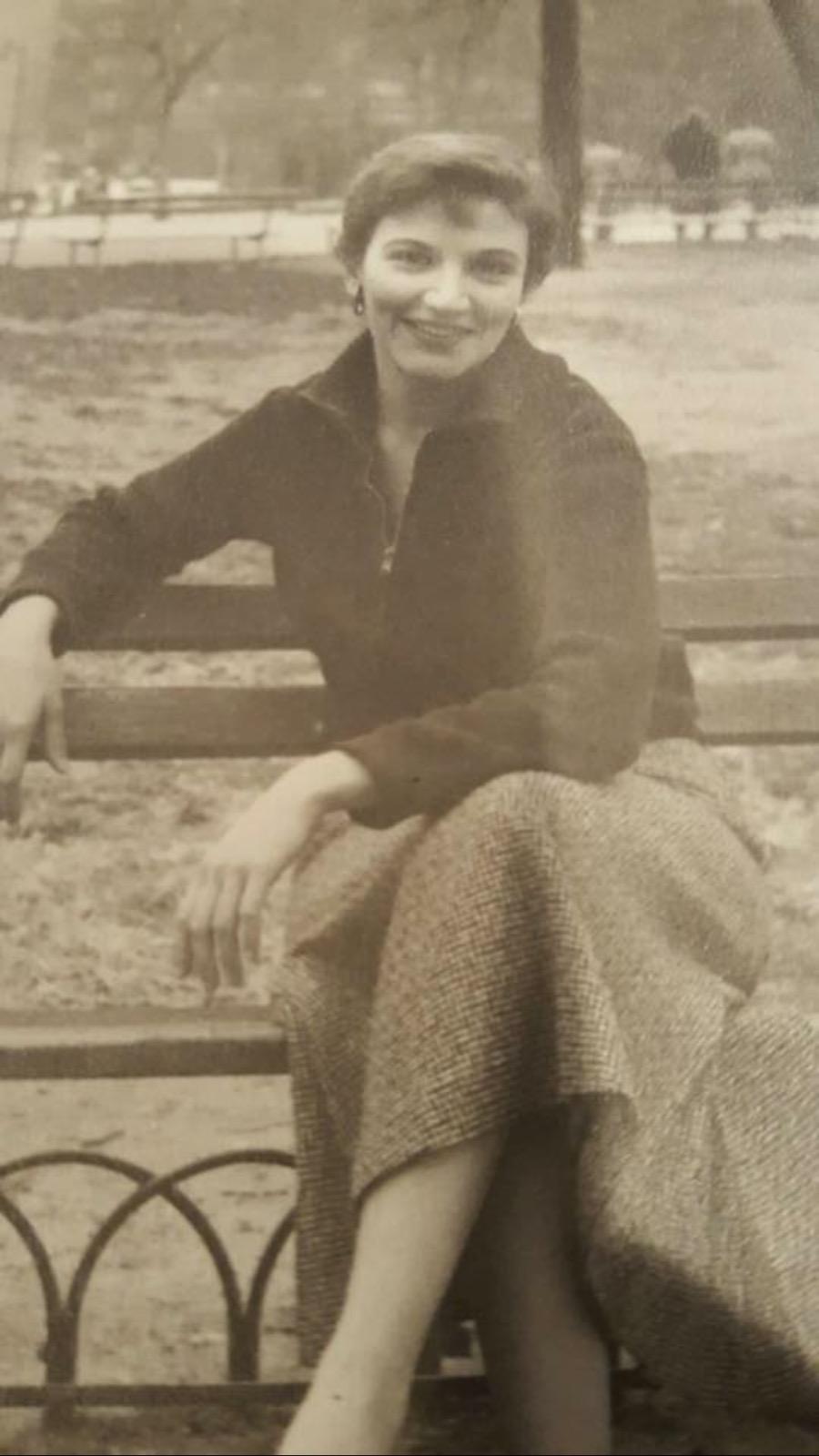Elisa visited her mother in the nursing home every single day. Joan had lost her ability to speak, she was confused and did not always recognize her family members. Joan spent only three months in the nursing home. She showed no signs of illness, of her body shutting down. On Martin Luther King Jr. Day in 2015, Joan’s heart miraculously stopped beating. What made her passing so timely was that Joan had devoted her life in service to others and had played an active role in the Civil Rights Movement. She and her husband Dominick had gone to the March on Washington, and Dominick had been a bus captain. Joan’s death was nothing short of triumphant. It was as though she willed herself to die on this historic day, fighting for justice as she always had. It makes one pause and wonder about how much of a hand we have in our own deaths. A lot of this is beyond our control, but Joan is a reminder that we have some wiggle-room in when we cross-over into the next world. Elisa asked me to give the eulogy at Joan’s funeral. I was both honored and intimidated. I tried to channel Joan’s energy; this was a difficult task, as Joan was an avid reader and used to write poetry on little slips of paper that she left around the house. Joan’s favorite flower was the sunflower. These long stalks of bright yellow covered her coffin that day. Written below is her eulogy. I think Joan must have helped me with it. It was her way in life and in death to assist the souls around her. “Several years ago, Joan Guidice went to a physical therapy clinic in New Jersey. I overheard two women talking in the waiting room with New York accents, (everyone surrounding them was charmed by their chatter), as I scanned Joan’s medical chart for why she needed therapy. It was not until I entered a private treatment room that I saw a woman with tousled grey hair, propped up eagerly to meet me, her daughter laughing by her side. Joan had seemed old and sick from her medical history, but in person, she burst open like a sunflower. During the following weeks, Joan told the entire physical therapy staff of her years in theater as a young woman. She had not only been on many top radio shows, but Joan had held a leading role in the play “Riders By the Sea” in 1956. Joan Ferguson, which was her maiden name, had once been walking the streets of Greenwich Village with some acting friends, when one of them knocked on the apartment door of none other than Marlon Brando. Rather than being star-struck by meeting Mr. Brando, Joan turned her head away and blushed when he answered the door in nothing but his briefs. The young male exercise assistants in the physical therapy clinic were so drawn to Joan’s theatrical magnetism and her maternal concern for others, that they began to call her “Mama Joan”. The name stuck. It was not until a year or so later that I walked down the steps of Elisa’s mother-daughter home to discover more of Joan. This enigmatic star of the stage was someone more complicated than she had first appeared. Joan was a woman of conviction. She saw the bigger picture in life and the weight of the world seemed to sit heavily on her shoulders. Joan worried about the plight of the poor. About racism. She worried about war and everything she heard on the news. Yet when Joan spoke of her family, her anxiety about life disappeared. Joan loved her two “Dominicks” so dearly. While she missed her late husband, she was so very proud of her son Dominick Jr, who had earned his MBA and married his love Susie, who would bear the four grand-children that Joan spoke of with reverence. Tory seemed to take after Joan, in her concern for the well-being of others. Ava was the outgoing curious and mercurial child. And the twins! What a blessing it was to greet these tiny souls who were born prematurely, but would grow hearty and robust to overcome their little statures. Indeed, it was family that saved Joan from her worries. When she married her husband Dominick, she painstakingly learned to cook the recipes of his mother, Josephine. While this large Italian brood had been overwhelming to Joan at first, they had become a great source of comfort to her through the years. Italians had a way of raising their voices at one another over meals that was not out of anger, Joan said. They loved each other so fiercely, it was as if their love could be amplified through a microphone. This family of her husband gave unending support, just as Joan’s daughter Elisa took every measure to ensure her mother’s happiness, even when Joan could no longer remember why it was that she worried about everyone else. In sum, Joan had become Italian…for in no other culture was loyalty to blood and relatives held in such high esteem as she had witnessed before.
It is not easy to live in a world without Joan Ferguson Guidice. Nor is it easy to capture a woman who was so many things: mother, friend, Civil Rights activist, poet, intellectual, wife and actress. Joan became Italian, in the effusive way that she loved and protected others. She became Italian by her proximity to this Mediterranean culture, steeped in togetherness and solidarity. May we then remember Joan in the words of the Italian poet Eugenio Montale, who wrote in the 19th century: ‘Bring me then the plant that points to the bright lucidity swirling up from the Earth, and life exhaling that central breath! Bring me the sunflower, crazed with the love of light!’ May Mama Joan be joined in the yellow wash of the fields which promise her homecoming at last.
Comments are closed.
|
Archives
October 2021
Categories
All
|



